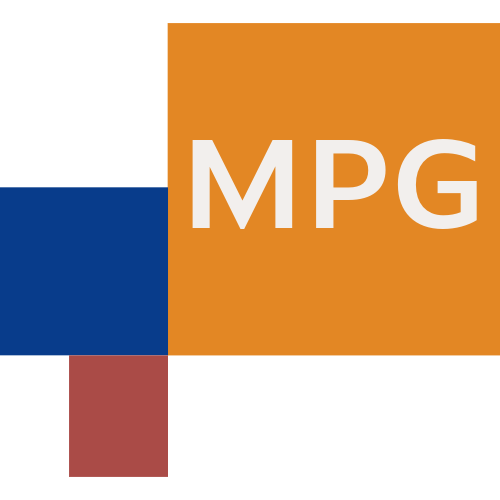menu
menu
Menu
cancel
- arrow_back_iosBacknavigate_nextpersonPersonal
- groupCommunities
- articleBlogs
- eventEvents
- sourceTemplates
- question_answerQuestions
- schoolLearning
- business_centerBusiness
- live_helpFAQ
**How can blockchain technology enhance transparency and reduce corruption in government operations and public service delivery?
2. **What are the potential challenges and limitations of implementing blockchain for voting systems in terms of security, accessibility, and scalability?
3. **In what ways can blockchain technology be utilized to improve the efficiency and accountability of public sector record-keeping and data management?
These questions explore the potential applications and challenges of integrating blockchain technology into governance structures.?
How can emerging technologies, such as blockchain and artificial intelligence, be integrated into public sector governance to enhance transparency and efficiency?
What role do participatory governance models, like citizen assemblies and digital platforms, play in shaping more inclusive and responsive decision-making processes?
How can governance innovations address the challenges of accountability and corruption in both public and private institutions?
How do accountability structures influence decision-making processes within an organization, and what impact do they have on overall organizational performance?
What are the key components of an effective accountability structure, and how can organizations ensure these components are properly implemented and maintained?
In what ways can accountability structures be tailored to different organizational cultures or industries to improve transparency and ethical behavior among employees and leadership?
